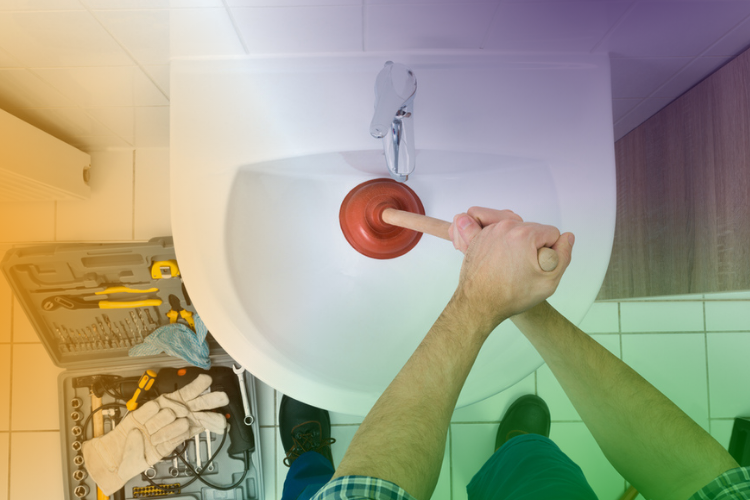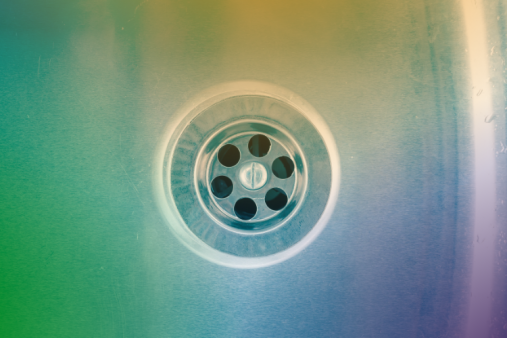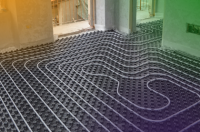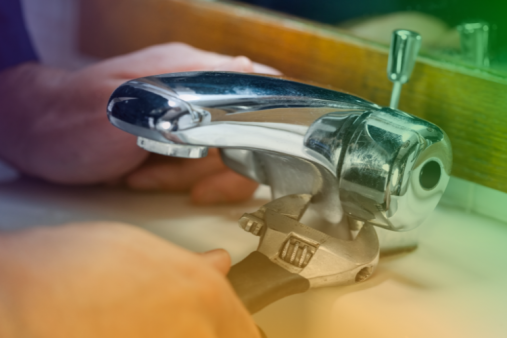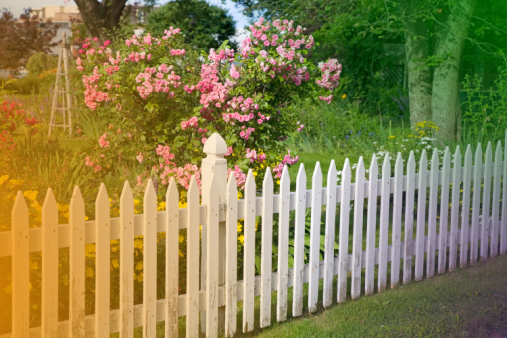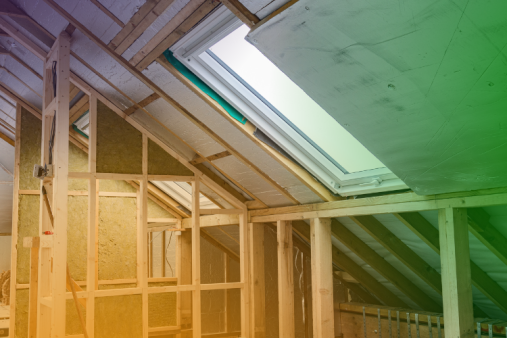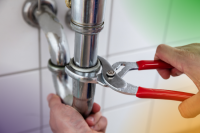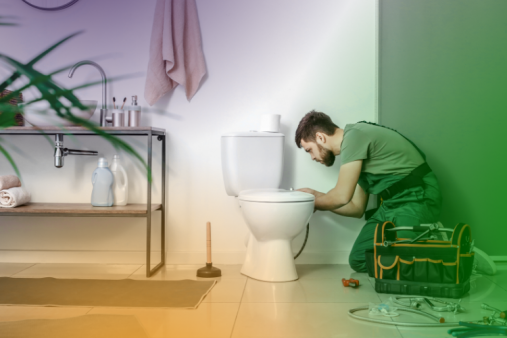How much does it cost to unclog a drain?
Blocked pipes have to be one of the most annoying and inconvenient things about being a homeowner. If your shower drains slower, your sink's water isn't running as it should or there is a blockage stopping you from flushing the toilet or using the sink, then these can all be indicators that something is wrong with your drains. Sometimes a plunger is not enough and it’s time to call a plumber out. But how much does it cost to unclog a drain?
Costs to unblock a drain
Although the cost to unblock a drain vary by location, plumber or type of blockage, here is an average estimated cost for jobs involving drains:
|
TYPE OF JOB
|
ESTIMATED COST |
|
Drain unblocking or cleaning
|
£75 to £150 |
|
Drain Rodding
|
£80 to £145 |
|
Drain Jetting
|
£70 to £180 |
|
Drain Rodding and Jetting
|
£150 to £200 |
|
CCTV Drain Survey
|
£150 to £300 |
|
Drain Lining
|
£50 to £110 per square metre |
|
Unclogging a Toilet
|
£50 |
|
Unclogging a Bath or Sink
|
£60 |
Labour Costs and Time Frames
We have broken down the costs per job but there are also labour fees and call out fees as well. In the UK, the average call out fee for a plumber is £60. However, if you require a plumber urgently, then an emergency call out fee can cost significantly more at around £180. Drain cleaning, rodding, and unclogging a toilet, bath or sink take around an hour to complete. Whereas drain jetting, drain rodding and jetting and CCTV drain survey can take up to two hours to complete.
Of course, this is just an average timeframe on how long each job will take as large blockages that are harder to locate will take more time to fix and may involve more complex work. As larger blockages will take longer to fix, the price will also increase. There could also be cases where the job could be more than just a blockage for example a collapsed pipe which will need repairing and will come with added costs.
Additional cost factors
With any job, there are other factors that can impact the total cost of unclogging a drain. Some factors that can affect the cost include:
- Location: Different areas of the UK have different rates for plumbers. Those in the South and around London will pay more than people in the North of England.
- Plumber: Every plumber has their own rates and prices for jobs, so the cost will depend of the plumber you hire.
- Type of Blockage: Simple blockages can be cleared in no time; however larger blockages will take longer and may need more complex methods to remove.
- Cause: Blockages can be caused by a variety of things, soap scum, hair and food which are easy enough to remove. Corroded drains will take longer to fix which will cost more.
- Accessibility: Drains that are easier to access take less time to fix. For those drains that are hard to get to or are in awkward positions will make the job more difficult and take longer to unclog.
What can block a drain?
There are many reasons why your drain may be clogged. Sometimes blockages can be blocked by too much toilet paper or large amounts of food going down the drain, whereas other blockages like corrosion can build over time. Here are some of the reasons why your drains may be blocked:
Pipes
If your pipes are too small, then waste and debris can build up leading to blocked pipes. Other types of blockages caused by pipes can be due to offset pipes. Over time, pipes can move and shift out of place. This can affect the flow of the sewer system in your house and lead to major drain blockages.
Miscellaneous Objects
Although we don’t intentionally block our drains with hair, tissue paper, wipes, grease, or food, over time these things can build up and cause blockages in your drainage. This can easily be prevented by regularly cleaning the hair build up from a drain, flushing a toilet often and using the recommended amount of toilet paper and finally disposing of wipes and food waste using the correct disposal methods (e.g., a regular bin for wipes or a compost bin for food).
Lack of Maintenance
Sometimes blockages can be unavoidable if your drains are not regularly cleaned out. It is recommended that your drains should be cleaned every couple of years to prevent any blockages and remove any built-up material that will eventually clog a drain.
Corrosion
Metal pipes are susceptible to corrosion over time which can cause a blocked drain. Regular maintenance could prevent a blockage as a plumber can check the condition of your pipes and fix them before a blockage occurs.
Draining Methods
There are many methods to unclog a drain. From drain rodding to drain jetting, each has a specific purpose for unblocking any drain.
Drain Rodding
Drain rodding is a popular method used by plumbers to unblock a drain. Flexible drain rods are guided down a sewer pipe or drain to push out any blockage. Due to their flexibility, they are perfect for small blockages in sinks or sewers, and for removing roots that have grown into a drain or sewer. However, draining rods are not suitable for larger and tougher blockages as they can only break down a blockage instead of removing one altogether.
Drain Jetting
Perfect for most drainage issues, drain jetting or hydro jetting involves using a high-pressured water hose to clean away drain blockages. The water is pushed through the pipes to thoroughly clean out the blocked drain as well as removing any debris that may cause any future blockages.
CCTV Survey
CCTV surveys involve using a camera system that records video footage and provides other useful information to examine drainage systems remotely. This method is great for finding the cause of a blockage without having to remove the entirety of the pipework.
Can I unclog a drain myself?
Some drain blockages can be done by yourself. For example, a simple sink blockage can be cleared with a generic sink unblocker and plunger that can cost around £3 from any supermarket. Other remedies such as baking soda and vinegar can also be used to tackle certain blockages. For tougher blockages you can also use a drain cleaner, or purchase you own draining rods set for as little as £15 for a basic set or up to £140 for a high-end kit. However, if blockages persist there could be a blockage in the main sewer, so it is best to call out a professional plumber as they are equipped with specialised equipment and knowledge to sort out any drainage problem.
